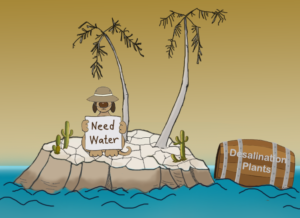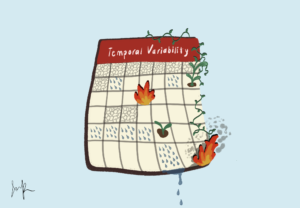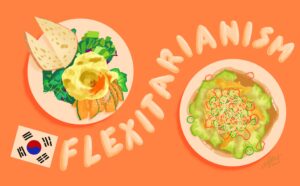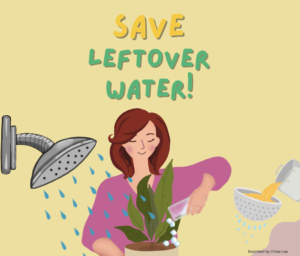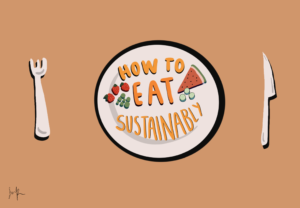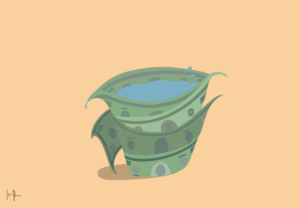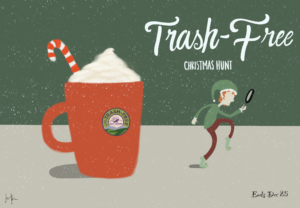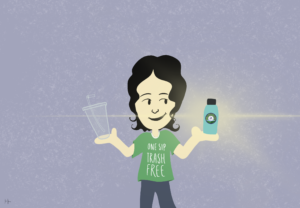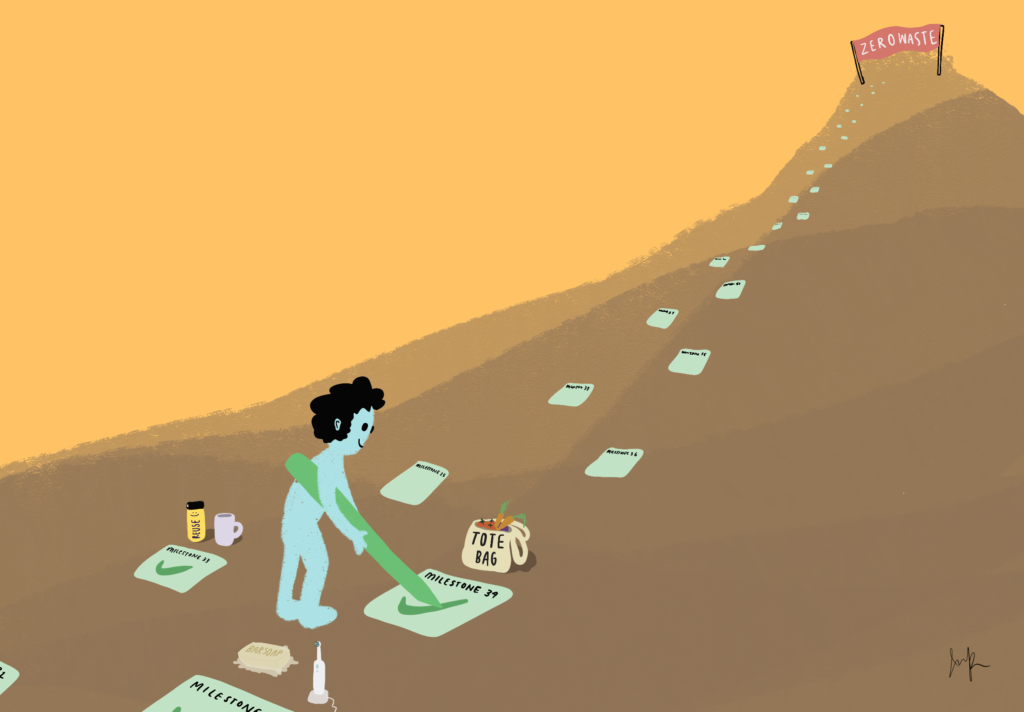
Our generation has begged some important questions: How little can you use? To what level of zero-waste can you achieve? And will an individual’s commitment be significant in reducing our pollution on the planet?
Our ultimate goal is to achieve zero waste and send nothing to landfills.
This phrase is often daunting to many people. How can you live without waste? Inevitably, there is a cultural aversion to strong words like this. Some may find the term “zero-waste” almost forceful: an immediate order to abolish all waste. Don’t use plastic cups. Don’t use cardboard boxes. Don’t use paper napkins. Don’t waste.
Then, what do I use?
A week ago, I had a conversation with a friend of mine who said that “zero-waste is an illogical and unrealistic idea.” She explained to me how she felt that zero-waste “propaganda” pressured her and made her feel extremely guilty. She couldn’t possibly swap her lifestyle for one that is completely trash-free. How could anyone?
But what is necessary to understand about waste management is that it is a transition. Like all other changes we must make in our society, it is all about small steps.
You don’t need to get rid of all your plastic in your storage room. Nor do you need to feel guilty about your current lifestyle. But you do need to change your mindset and take a different approach to waste management. Zero-waste is the mountain in the distance. Now try tweaking your habits one by one at every rock you pass.
I am certainly not preaching slow and leisurely conversion; nor am I advocating for one that is hurried and unmotivating.
So below are suggestions on how to implement alternatives to disposable material into your lifestyle in a manner that is enjoyable. If we can all make small changes, achieving a zero-waste lifestyle and society is possible. And it can begin with you!
Saying No
- When you order take-out, request for NO plastic utensils or other disposable items you already have at home.
When you are at a store or restaurant, ask that they do not give you disposable utensils.
Plastic Phone Case
- Replace your plastic phone case with one that is more durable, sustainable, and compostable!
Ex: Pela Case
Shave
- Next time you shave, swap your disposable razor with a refillable razor!
Grocery Bag
- Swap plastic/paper bags at stores with ones from home!
*Tip: Put 1-3 tote/cloth bags in your car, so you don’t forget them.
Reusable Bottle
- Bring a reusable bottle and straw with you on your next stop for boba!
Floss
- Single-use floss is out!
Refillable floss picks are in!
Dinner in Hand
- Carry in your car/bag a set of reusable utensils and maybe even a container for take-out.
Bar Soap
- Swap your soap with bar soap which is the most sustainable soap option.
Snacks
- Instead of buying single-serving snacks, try buying in bulk.
Plastic Wraps
- Plastic wraps may be handy. But how about trying beeswax wraps? Made from all-natural ingredients and aesthetic too.
Rot…
- Have food waste? They don’t go in the trash. Try composting them.
Period.
- If you feel comfortable taking your menstrual care to the next level, swap plastic pads and tampons with period underwear!
Skincare
- Used all of your skincare bottles and lotions? Try cleaning them out and repurposing them as jars or handy travel items.
Brush and Scrub
- Plastic Toothbrush…? No. How about a Bamboo, plant-based, or Electric toothbrush!
- Scrub your next load of dishes with a dish scrubber instead of plastic sponges.
Package
- If you’re deciding hat product to use, choose the one with less unnecessary plastic packaging.
The views and opinions expressed are those of the authors and do not necessarily reflect nor represent the Earth Chronicles and its editorial board.


